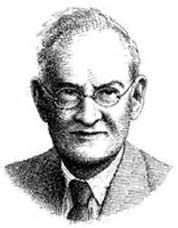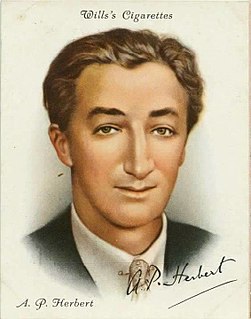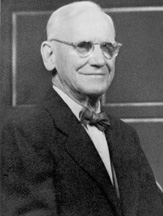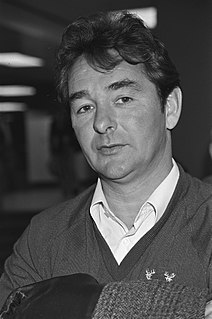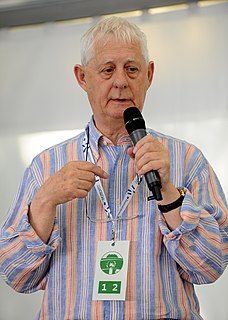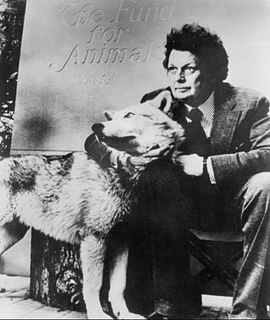A Quote by Sydney J. Harris
By the time a man asks you for advice, he has generally made up his mind what he wants to do, and is looking for confirmation rather than counseling.
Related Quotes
Giving free advice is a sad waste of effort. In the first place, no man will act upon it unless he is already inclined to do so. Secondly, when a man lays his case before you, the idea that he is asking your advice is a polite fabrication. He merely is suggesting that he is doing so, while as a fact his real object is to acquaint you with his personal activity. He wants to talk to somebody, being a natural gossip or gadder, and he plays upon your propensity for "giving advice" in order to get an audience.
One of the tools I like a lot is the Just Like Me practice. It's one of the empathy practices where we put ourselves in the other's shoes. Rather than get caught up in the difference in the ideologies, we actually come back to the fundamental idea: just like me, this person on the opposite political spectrum wants to be happy, wants to be safe, wants to thrive, wants to be healthy, wants to find peace of mind.
Man is very much a creature of habit. A thing that rarely strikes his senses will generally have but little influence upon his mind. A government continually at a distance and out of sight, can hardly be expected to interest the sensations of the people. The inference is, that the authority of the Union, and the affections of the citizens towards it, will be strengthened rather than weakened by its extension to what are called matters of internal concern.
When a lion stalks a herd, he sneaks in close, lies down, and surveys them to choose his victim. He takes his time. The deer or buffalo have no idea he’s near. He finds his prey and then he explodes from his hiding place and grabs it. Even if another, perfectly serviceable animal ends up within his reach, he isn’t going to alter his course. He has chosen, and he would rather go hungry than change his mind.
But I'd rather help than watch. I'd rather have a heart than a mind. I'd rather expose too much than too little. I'd rather say hello to strangers than be afraid of them. I would rather know all this about myself than have more money than I need. I'd rather have something to love than a way to impress you.
It used to be said that, socially speaking, Philadelphia asked who a person is, New York how much is he worth, and Boston what does he know. Nationally it has now become generally recognized that Boston Society has long cared even more than Philadelphia about the first point and has refined the asking of who a person is to the point of demanding to know who he was. Philadelphia asks about a man's parents; Boston wants to know about his grandparents.

